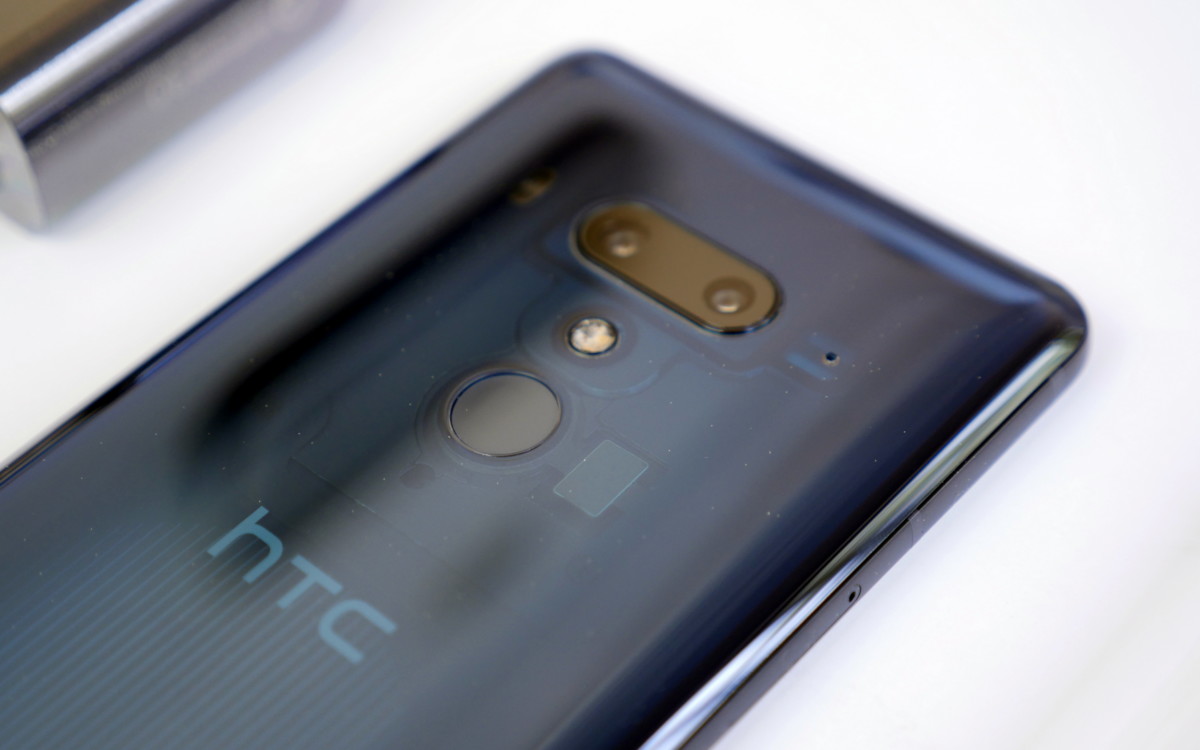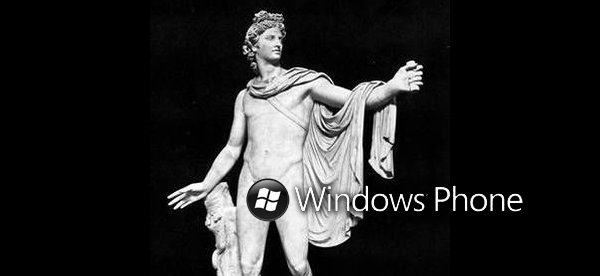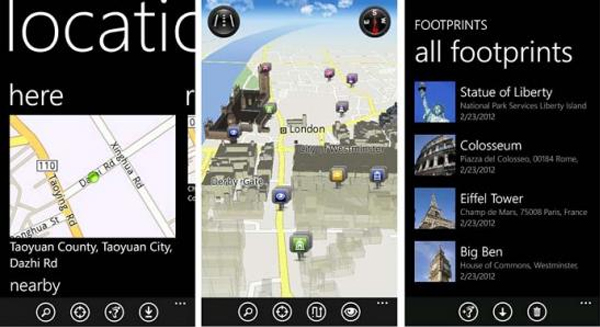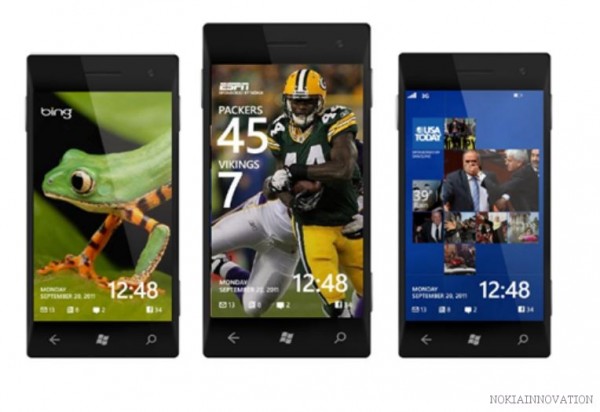We’re anxiously awaiting the next update for Windows Phone, codenamed Mango, which supposedly hit around September of this year (if Microsoft can adhere to their proposed timeline). What we know as the Windows Phone 7.5 update (Mango) is bringing a huge amount of features to the platform, that will bring it up to parity, if not make it more functional than current versions of iOS and Android. It’s going to be one of those fingernail biting, checking for updates daily, long processes, for the average Joe, WP7.xx user. While Mango should run on existing and new handsets, questions will always arise about what the next update will bring. As of yet,we don’t know much more than that Microsoft has taken on a naming protocol for update versions, which means they will, for now, end with the letter O, NoDo (No Donuts doesn’t end in O), Mango (the dessert allusions may be an aside, or a subtle dig at the Google/Android naming protocol), and for a while now we have known that the next WP7 update will be labelled Apollo.
What most users are now expecting from the “Mango update” is probably what they assumed at launch,would be a competitive mobile OS. I make no bones about saying, Windows Phone at launch, was half baked, merely an attempt to retain a foothold in the market for Microsoft. Don’t get me wrong here, the OS was and is delightful, but if MS had persevered with Windows Mobile and not retooled, rebuilt their Mobile OS from the ground up, they would have excluded themselves from the market completely. Windows Phone is a consequence of the realisation that people don’t want a desktop clone on their mobile phone, which even flows on to the dislike of Icon based interfaces/UI’s that Android and iOS persist with.
Windows Phone 7 launched in a Beta form, last November, most likely out of desperation, with Windows Mobile stalled, and WinMo devices providing the perfect platform for development and hacking, ie; becoming hosts for Android ports, and the like. Microsoft’s only competitor in the mobile space before Apple and Android, was Palm, and back then if you were using a Pocket PC, most people would assume it was a palm pad/pilot. Microsoft has always been challenged in the way their hand held devices have been recognized. Marketing wise, Microsoft is playing catch up. Somehow they missed a very important market sector, when they were trying to promote Vista, and then fix it. Apparently they can be distracted by consumer opinion. There in the problem lies. Maybe it’s in the chain of command, or maybe it’s all clouded in promoting the efforts, Microsoft tell you they will be better when. All the leaks and promos, only titillate confirmed users, if you are not into it, Windows Phone is waiting to be fixed, hardly a sales pitch. It would be nice though to know how MS will up the ante with the Apollo update. While it’s supposed to come in 2012, what will it bring to keep users loyal to the platform?
So far we do not know much about the OS, but the main strong rumour is that it will use the same APX app format as Windows 8, and may represent the unification of the platforms, with Windows Phone 8 being ported to the NT kernel.
Presumably by 2012 ARM processors would be routinely powerful enough to support this, and one can imagine scenarios where one could dock one’s phone and suddenly transition to a full desktop, keyboard and mouse environment, like the Motorola Atrix
The progression seems to indicate a merger of the MS platform across all devices. Mobile is starting to take precedence, across all major platforms, is this the end of the PC?














Quote
———–
So far we do not know much about the OS, but the main strong rumour is that it will use the same APX app format as Windows 8, and may represent the unification of the platforms, with Windows Phone 8 being ported to the NT kernel.
—–
Actually both is already the case. WP7 is based on Windows EC (the successor of Windows CE) which is essentially the normal Windows NT kernel.
And the APX format is AFAIK the same than the XAP format. Both are just renamed ZIP files which contain some manifest and all the executables and resources.